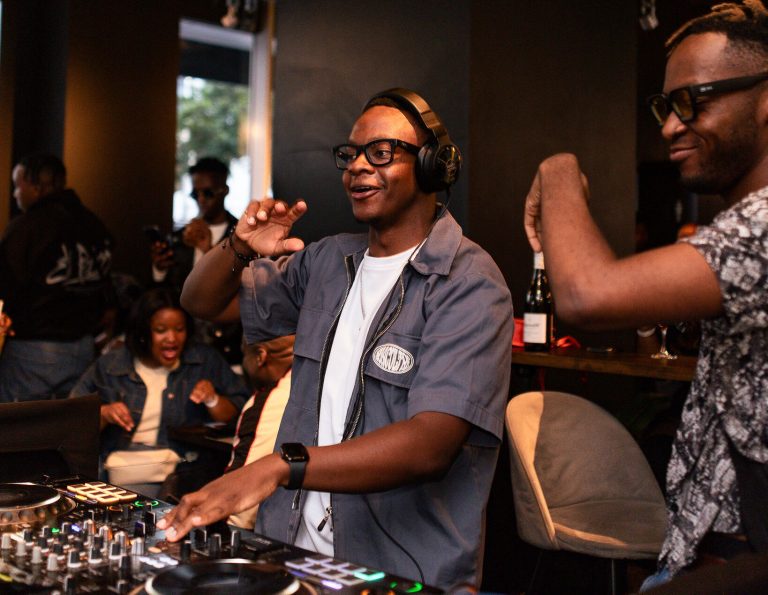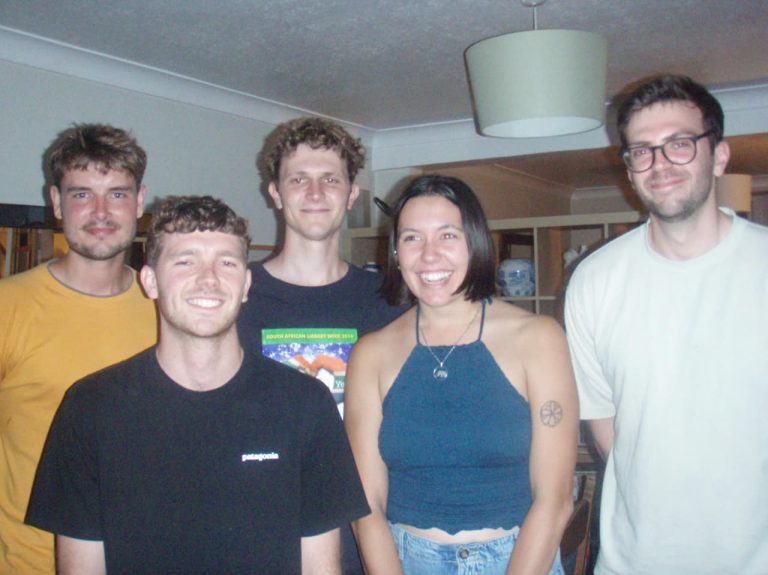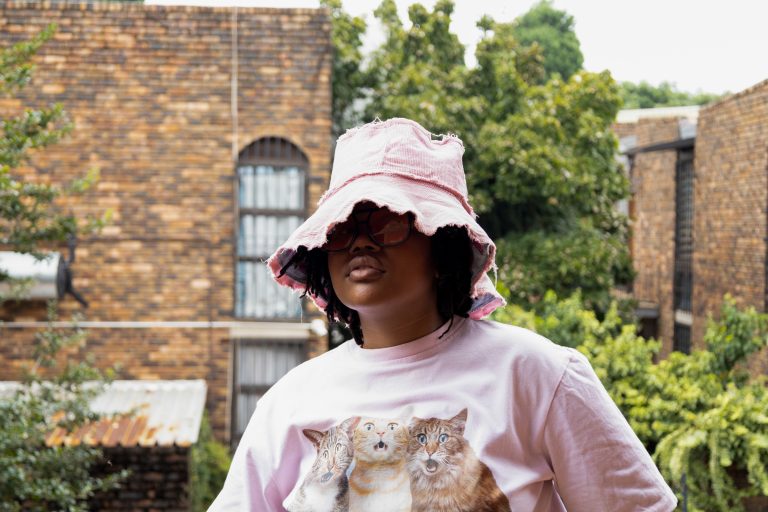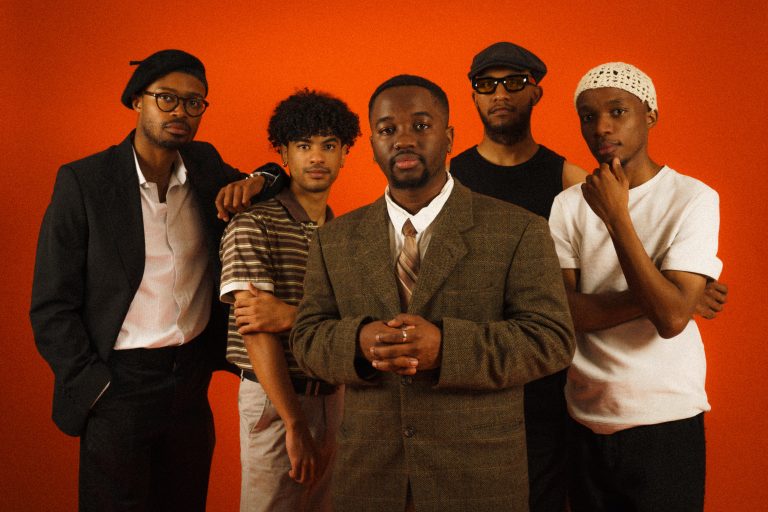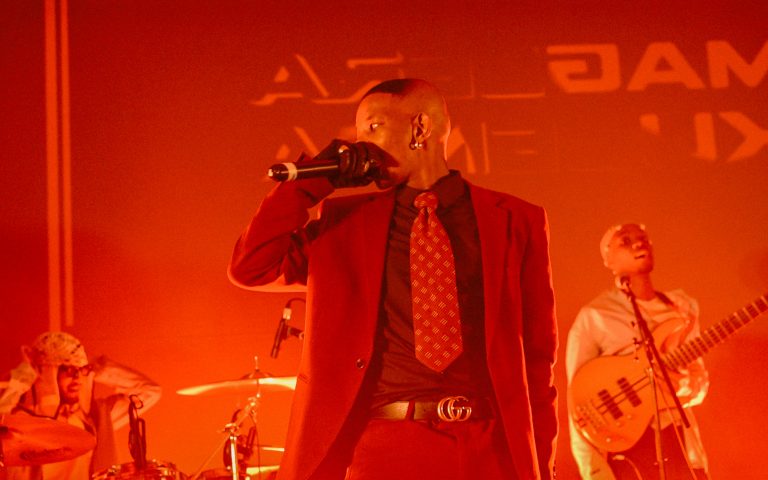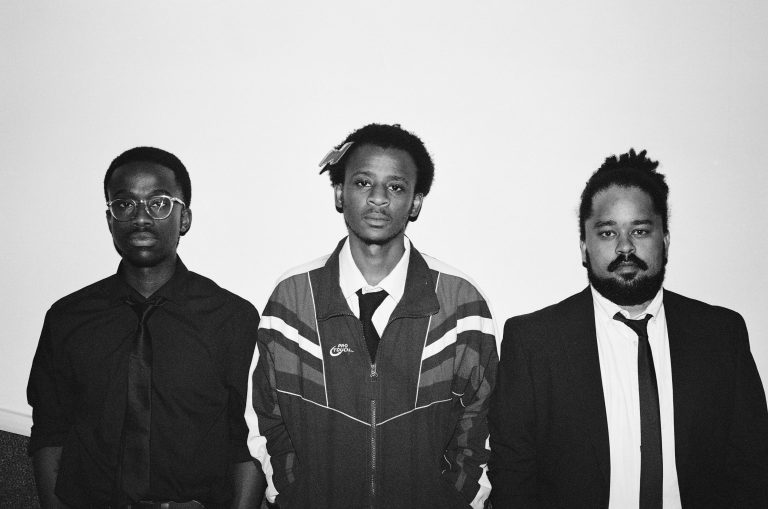In a music economy increasingly shaped by experiences rather than recordings, the most valuable move an artist can make is no longer just releasing great work or landing prestigious bookings. It’s owning the room itself. In Cape Town, DJ and cultural operator Tashinga’s Winehouse offers a clear case study in what happens when an artist stops being a line item on someone else’s poster and starts building an asset that speaks directly to who they are.
There’s an immediate clarity to NANI?!‘s latest EP, Everyone’s Lookin’ At Me, before a single note is played. The artwork is striking and memorable, the kind of cover that feels intentional rather than decorative. It sets the tone well for what follows: an EP that’s energetic, messy by design, and more interested in feeling than finesse.
It’s not easy to go back. Especially when “back” isn’t a place but a version of yourself you’ve outgrown. For bassist and composer Benjamin Jephta, revisiting his debut album ten years later wasn’t about nostalgia — it was about truth-telling. Homecoming Revisited, released on 19 September 2025, doesn’t try to reconstruct 2015. It listens to it from the other side of a decade — one that’s taken Jephta from the Cape Flats to Berklee, to stages around the world, and back to the South African jazz community that raised him.
It starts quietly: a few artists pulling their catalogues, a few more muttering about payouts and principles. But lately, the volume has risen. From Cape Town to Copenhagen, the whisper of “maybe I should leave Spotify” has turned into a full-blown chorus.
It makes sense that Champion Trees‘ latest releases feel more like autumn than spring, since they’re now singing to us from the northern hemisphere. Before most of the band moved to England in early 2023, the band had a breakout two years surrounding the release of their debut album, NOW 3000, in July 2022. We gave the album a warmly appreciative review back then, praising its Western Cape sentimentality and heartening undercurrents. It should be no surprise then that we were very excited by the release of four new singles in anticipation of a full album, “I Wear a Shirt That Says Australia” , “I Want to Sound Like a Ghost” , “Gentle, Apple, Balanced”, and “Cabbage Song”.
These days, too many events feel designed for people who drift in, snap a few photos, and leave before the night really begins. The music becomes background, the crowd thins by midnight, and the promise of connection gets lost somewhere between the bar and the DJ booth.
In recent years, many musicians and fans have questioned whether jazz still carries the same political charge it once did. For Cape Town’s seven-piece collective Kujenga, those tensions pulse beneath every note of their new EP, Common Ground, a record that insists jazz — or what they call “Black Improvised Music” — still carries a responsibility to the times we live in.
A few years ago, landing a track on RapCaviar was akin to winning the lottery. Today, the same placement feels closer to a consolation prize. Streams are down, algorithms are up, and the machinery of music discovery is quietly being re-engineered while artists attempt to keep pace.
For a few hours on the evening of the first Thursday of September, Cape Town’s music scene witnessed a shift. When Aloe Aloe and Quiet Life Co staged Maglera Doe Boy alongside Kujenga, it wasn’t merely a show; it was history being written in real time.
By the time the last question was asked last Saturday afternoon, you could feel it: nobody wanted to leave. In a city where meaningful conversations about music often happen in snatched greenroom chats or late-night WhatsApp groups, VERVE’s latest workshop at Obz Books gave Cape Town’s creative community a rare chance to sit down together — artists, managers, journalists, and curious fans alike — and be heard.

